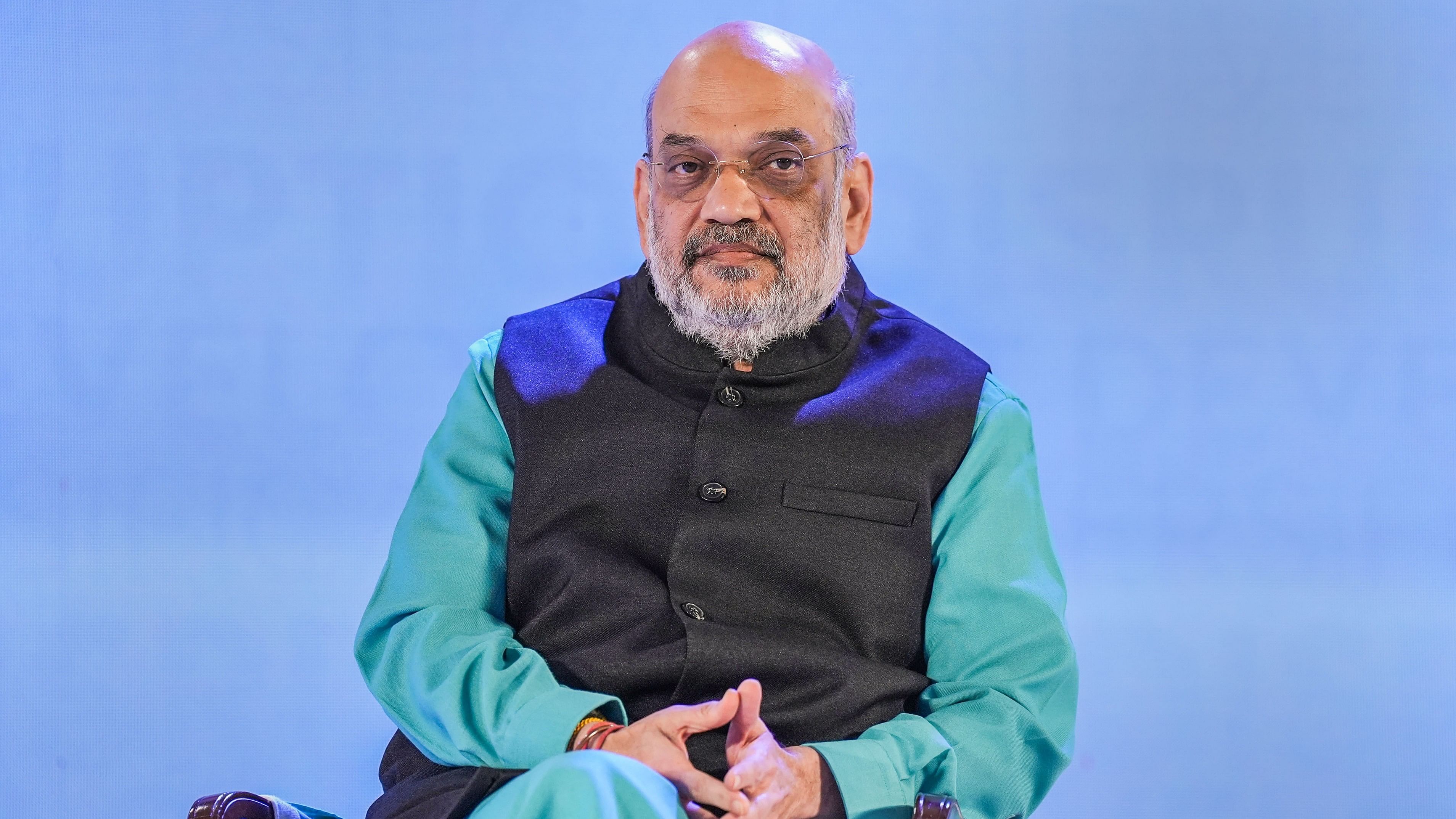
A file photo of Union Home Minister Amit Shah.
Credit: PTI Photo
Srinagar: The Union government on Tuesday extended the ban on Jamaat-e-Islami (JeI), Jammu & Kashmir, by five more years, Union Home Minister Amit Shah said.
“Pursuing PM @narendramodi Ji’s policy of zero tolerance against terrorism and separatism the government has extended the ban on Jamaat-e-Islami, Jammu Kashmir for five years,” Shah said on X.
“The organisation is found continuing its activities against the security, integrity and sovereignty of the nation. The outfit was first declared an ‘Unlawful Association’ on 28 February 2019. Anyone threatening the security of the nation will face ruthless measures,” he added.
The ban, initially imposed in February 2019 following the deadly terror attack in Pulwama in which 40 paramilitary CRPF personnel were killed, was extended as the Union Territory gears up for Lok Sabha and Assembly polls this year.
Jamaat-e-Islami J&K, a socio-political and religious organisation, has long been at the center of the Kashmir conflict, advocating for separatist ideologies and challenging Indian sovereignty in the region.
The JeI follows the teachings of Maulana Maududi, Syed Qutb, and Hasan Al Banna that society and politics should be aligned with the divine law of Sharia. In the political domain, the JeI supports Pakistan’s claim on Kashmir.
In the 1990s, Kashmir's largest indigenous militant outfit, the Hizbul Mujahideen, was considered the military wing of JeI. Though the JeI publicly distanced itself from the Hizbul in 1997, security agencies believe that the religio-political organization is still covertly helping the militant outfit.
The then chief commander of the Hizbul, Ahsan Dar, had pronounced the militant outfit as the “sword arm of the Jama’at” in 1990. By 1991, the Jama’at took firm control of the Hizbul, with its one time Srinagar head Mohammad Yousuf Shah becoming supreme commander of the militant outfit with Syed Salahuddin as nom de guerre.
Salahuddin has reportedly been operating from Pakistan for almost three decades now and is also chief of United jJihad Council (UJC), a Pakistan-based amalgam of over a dozen terror groups.